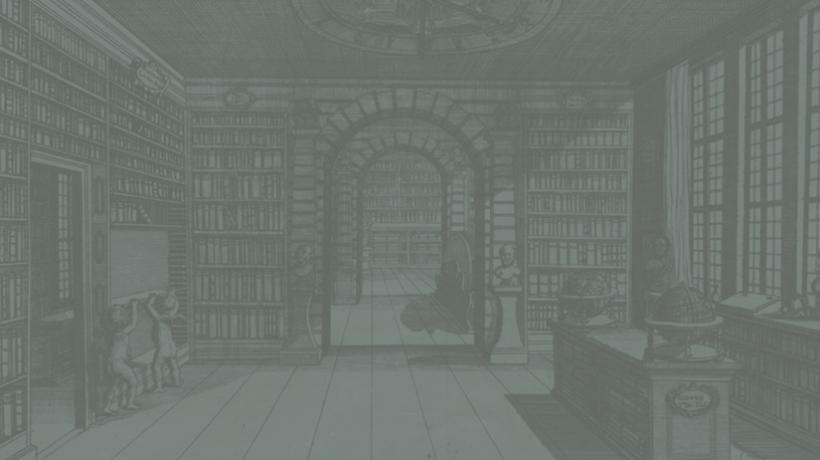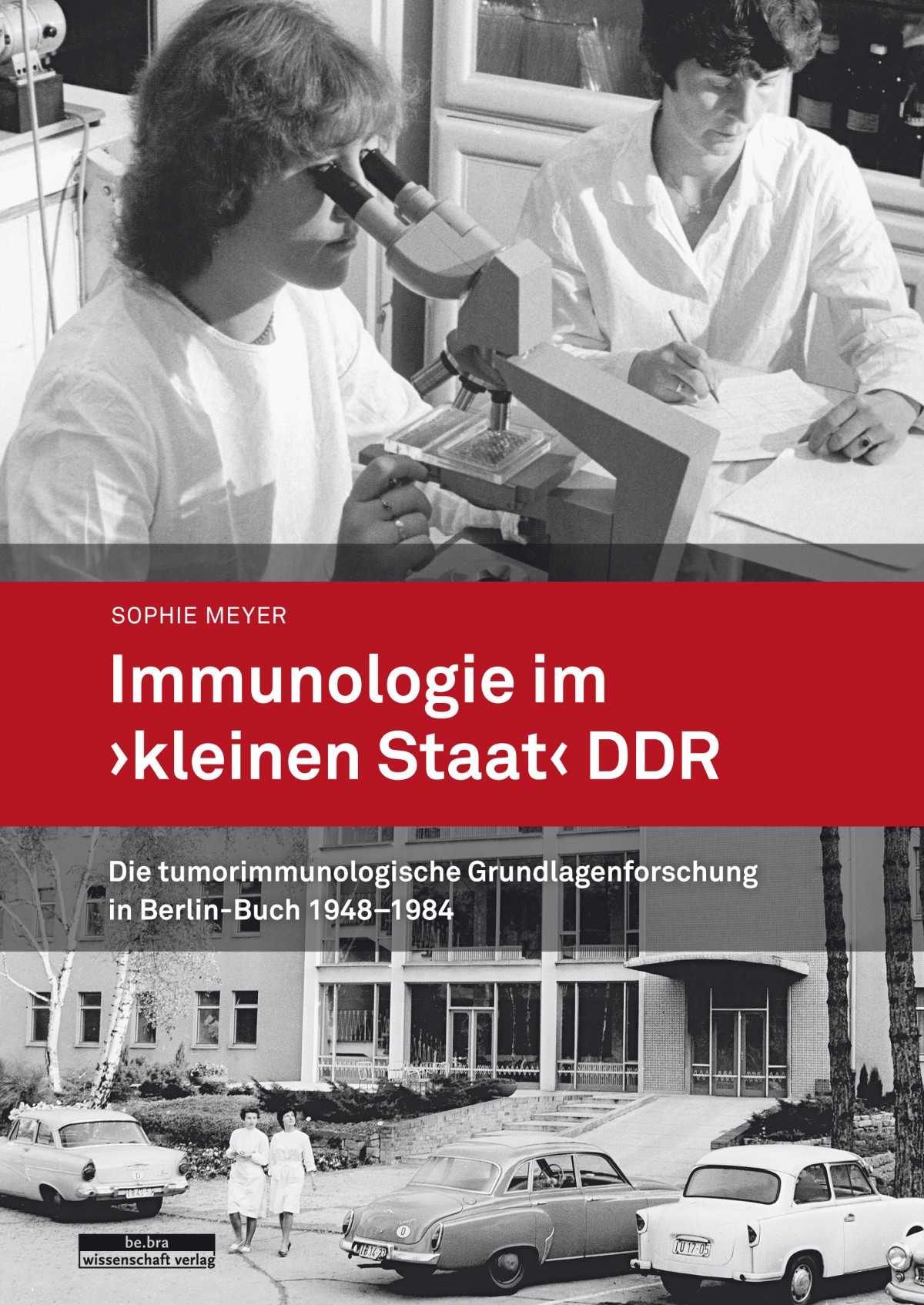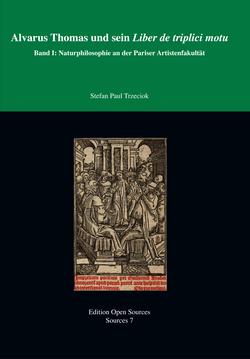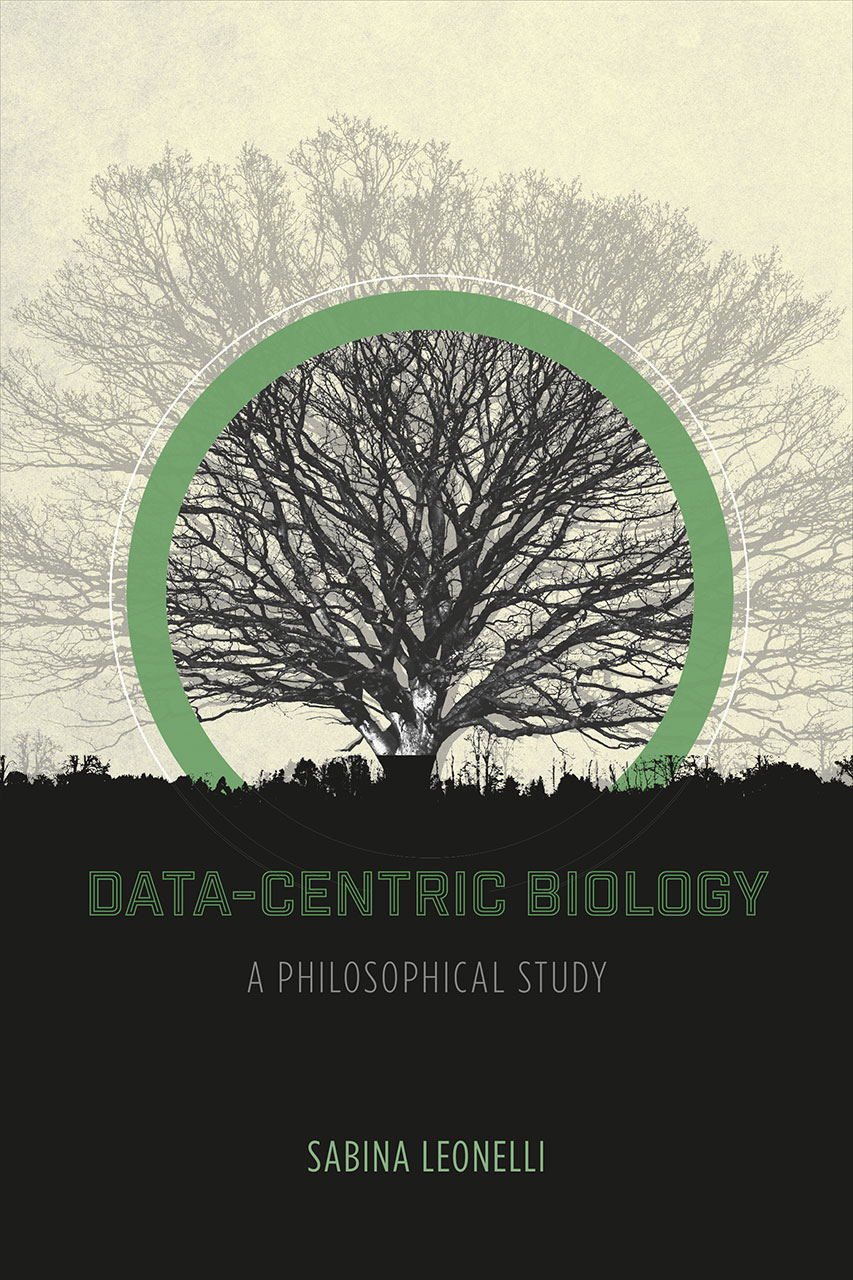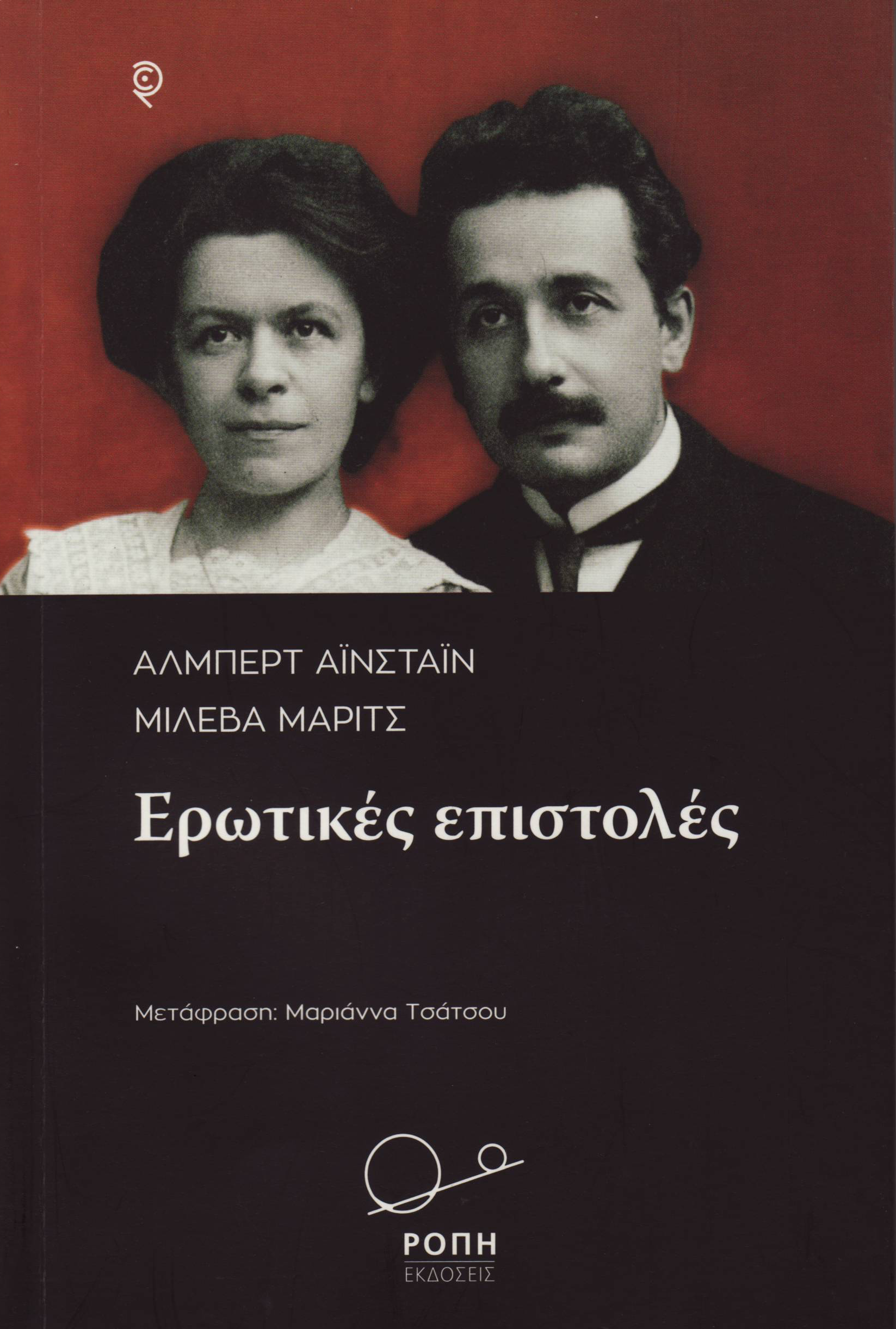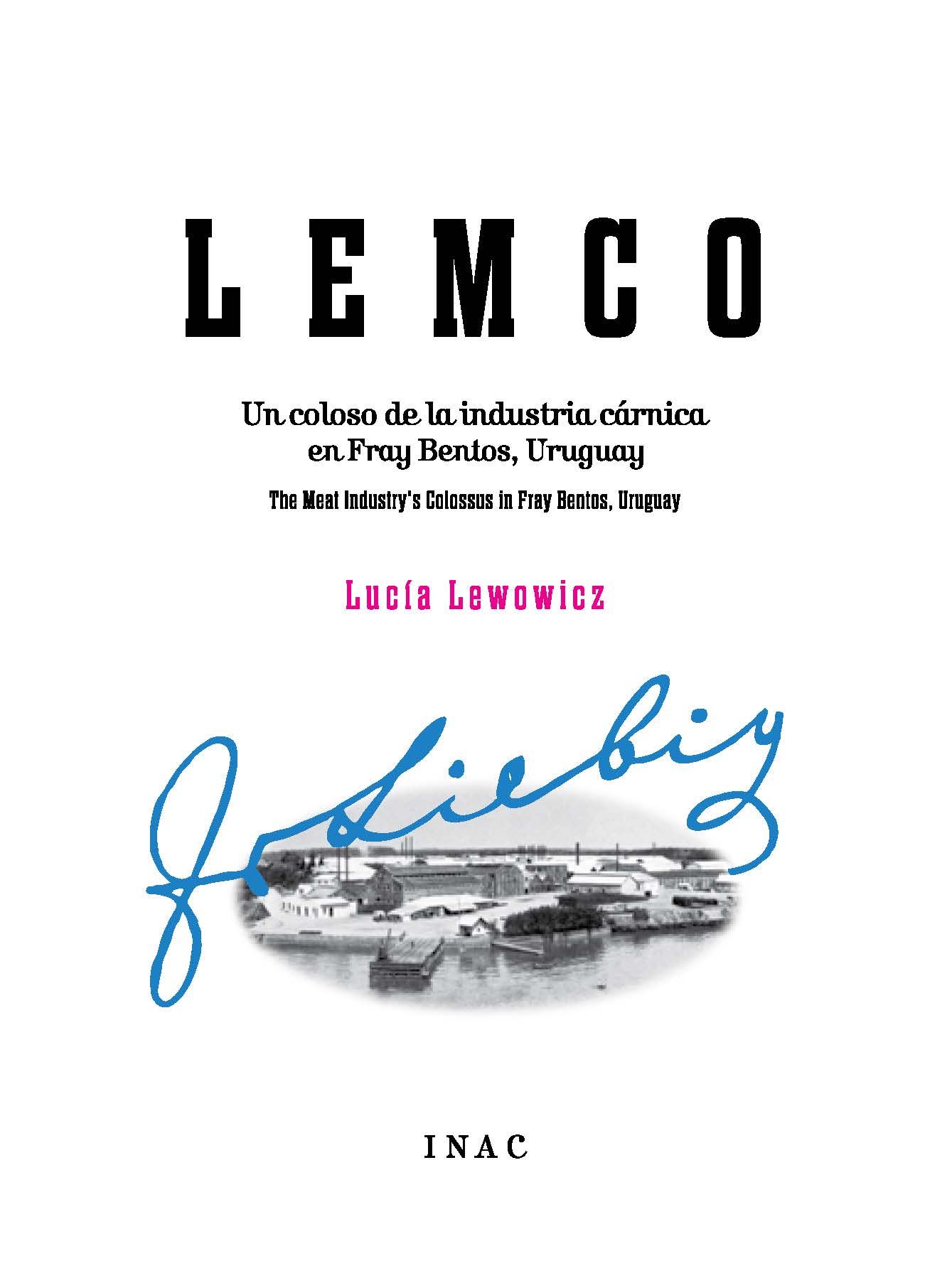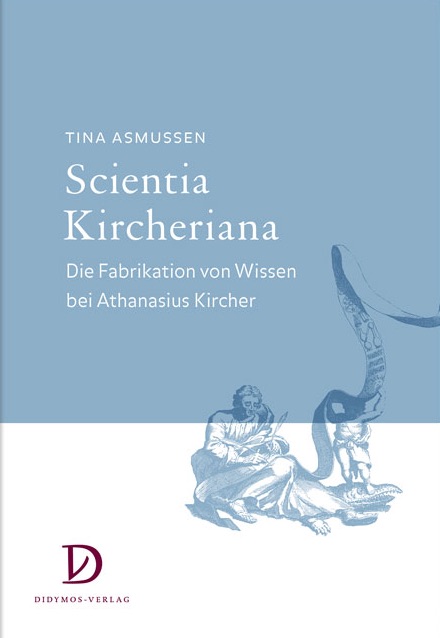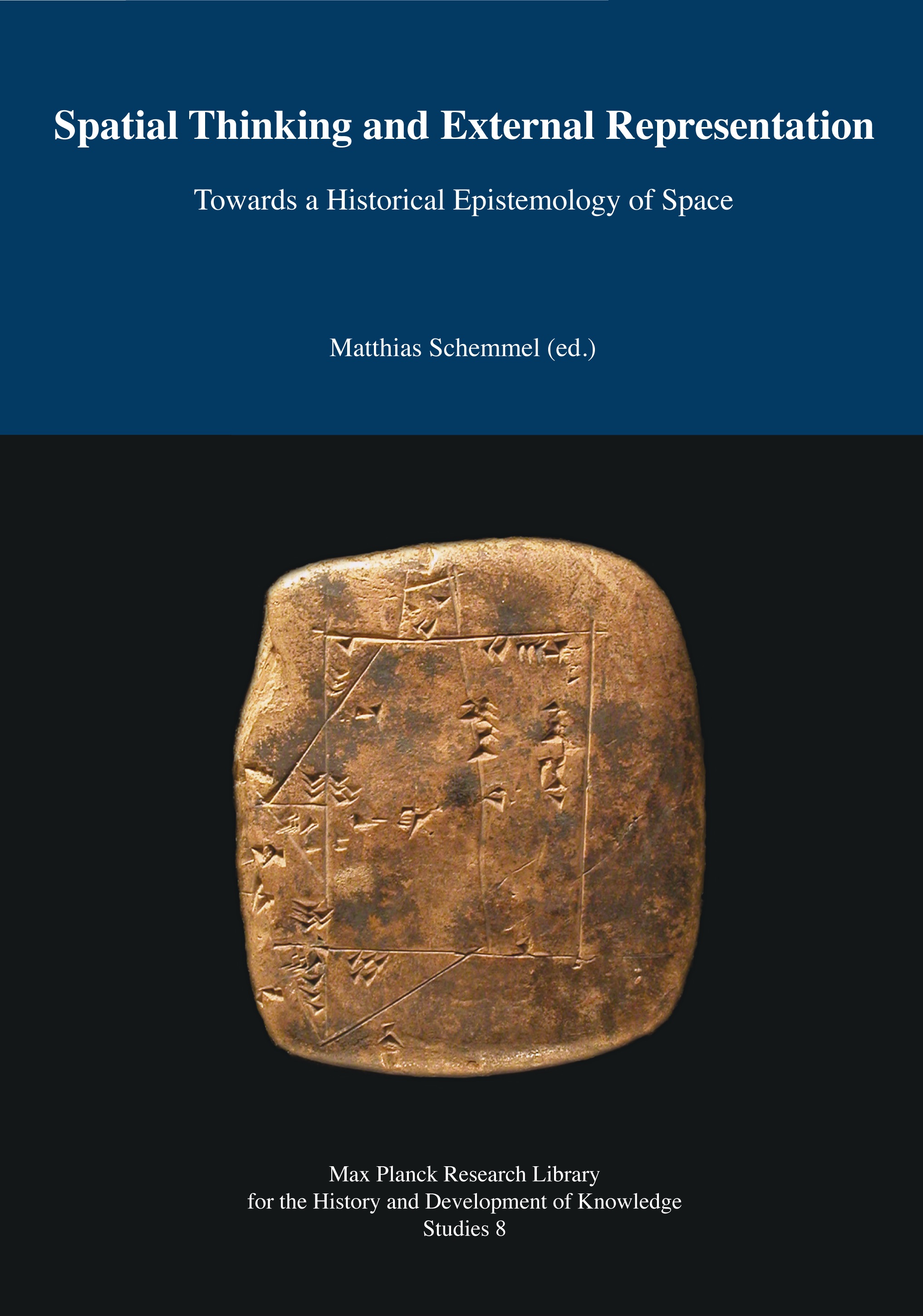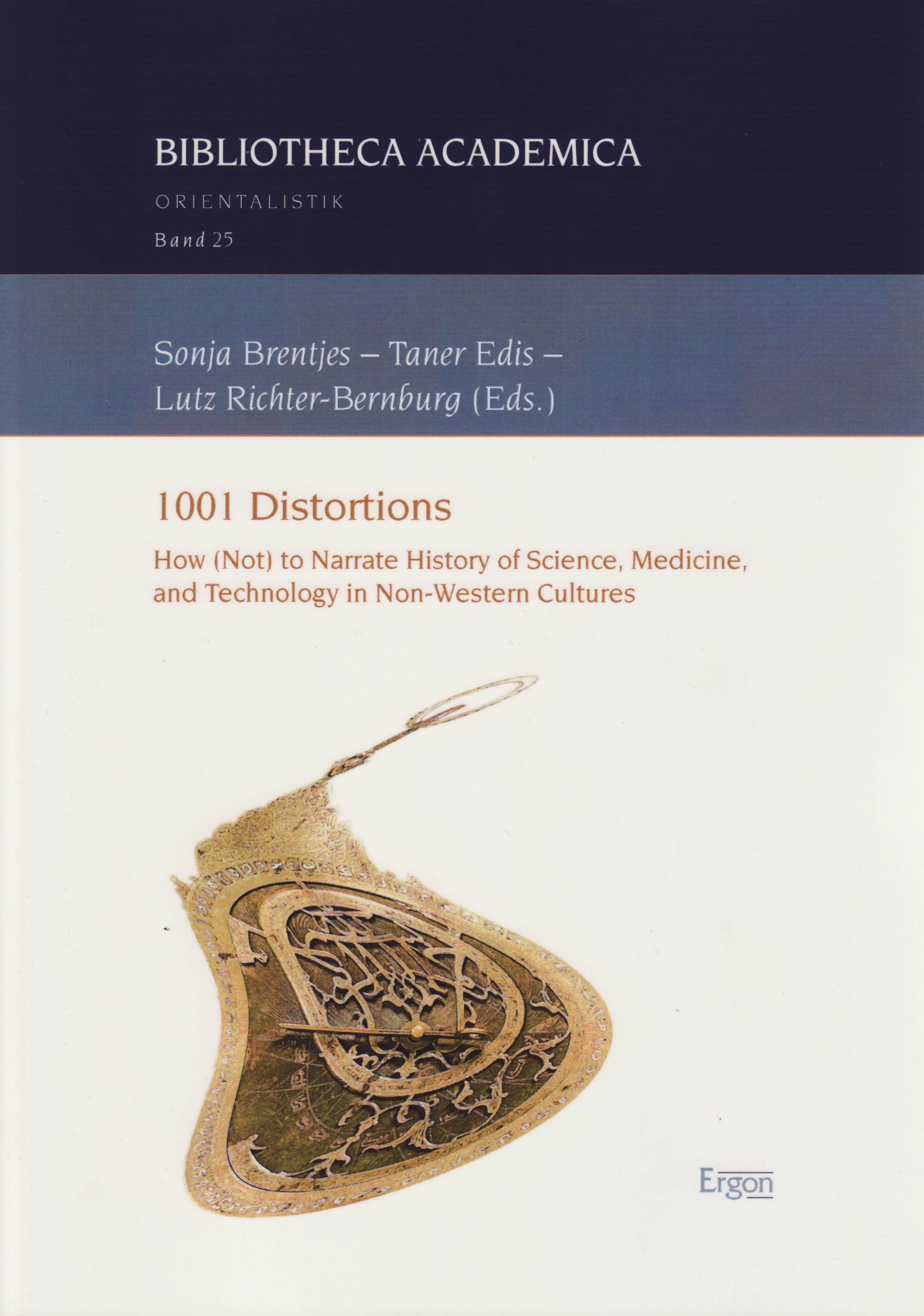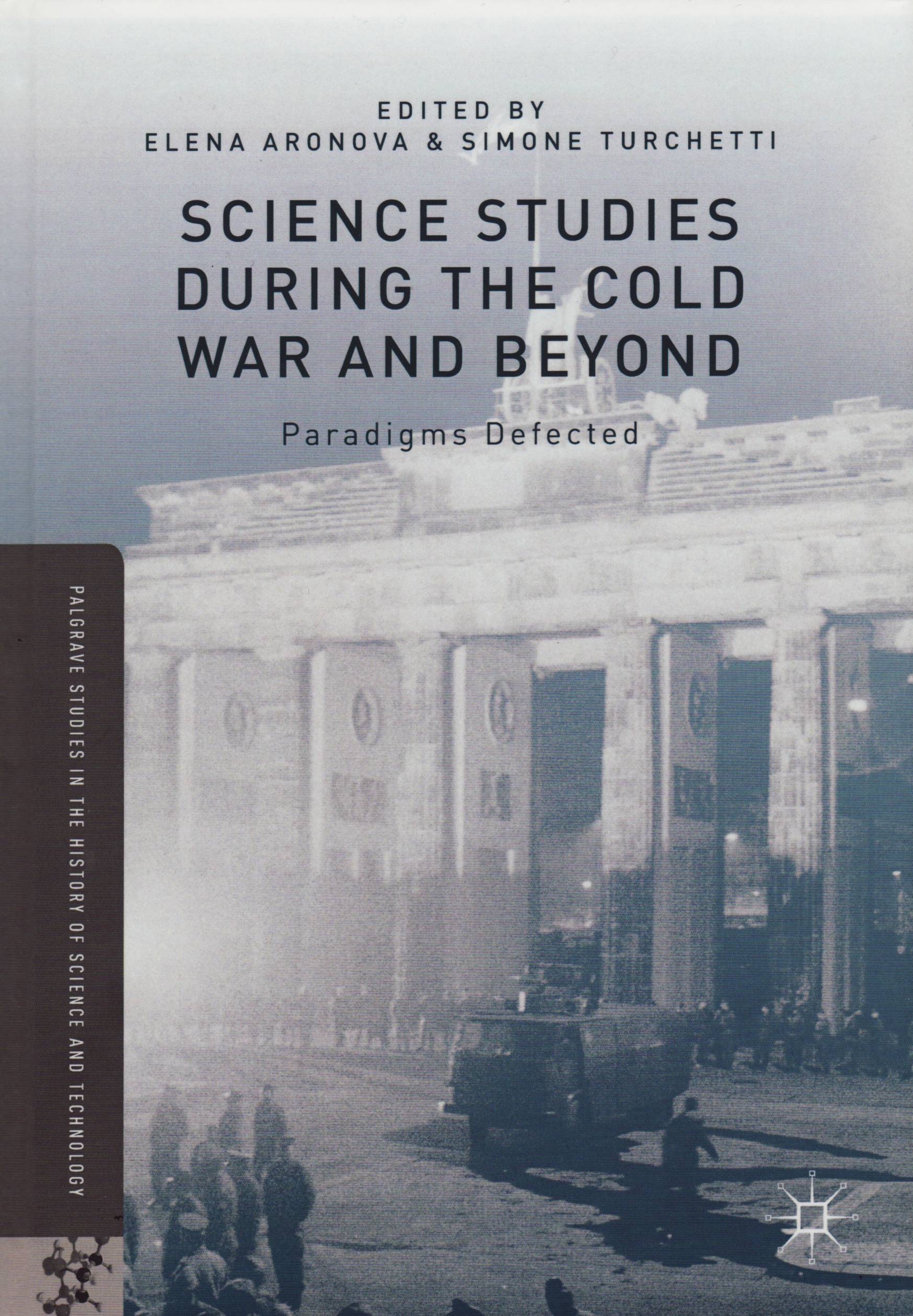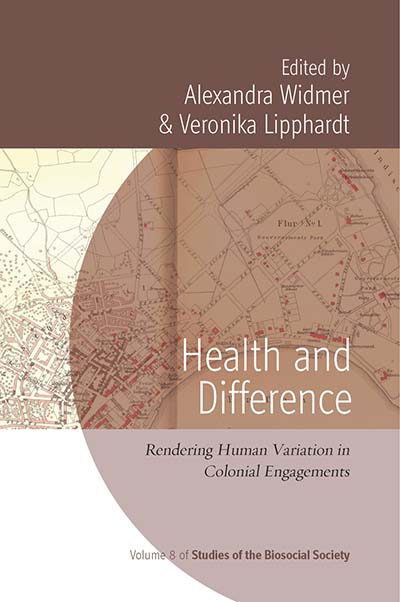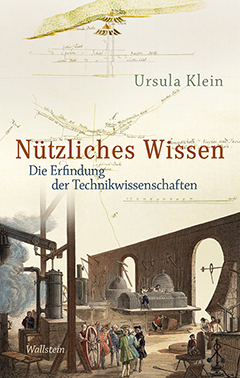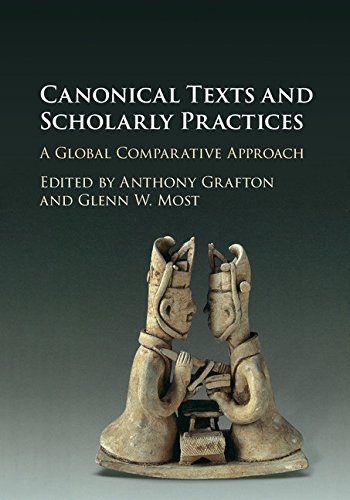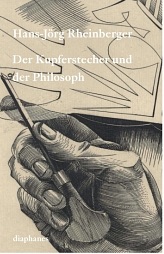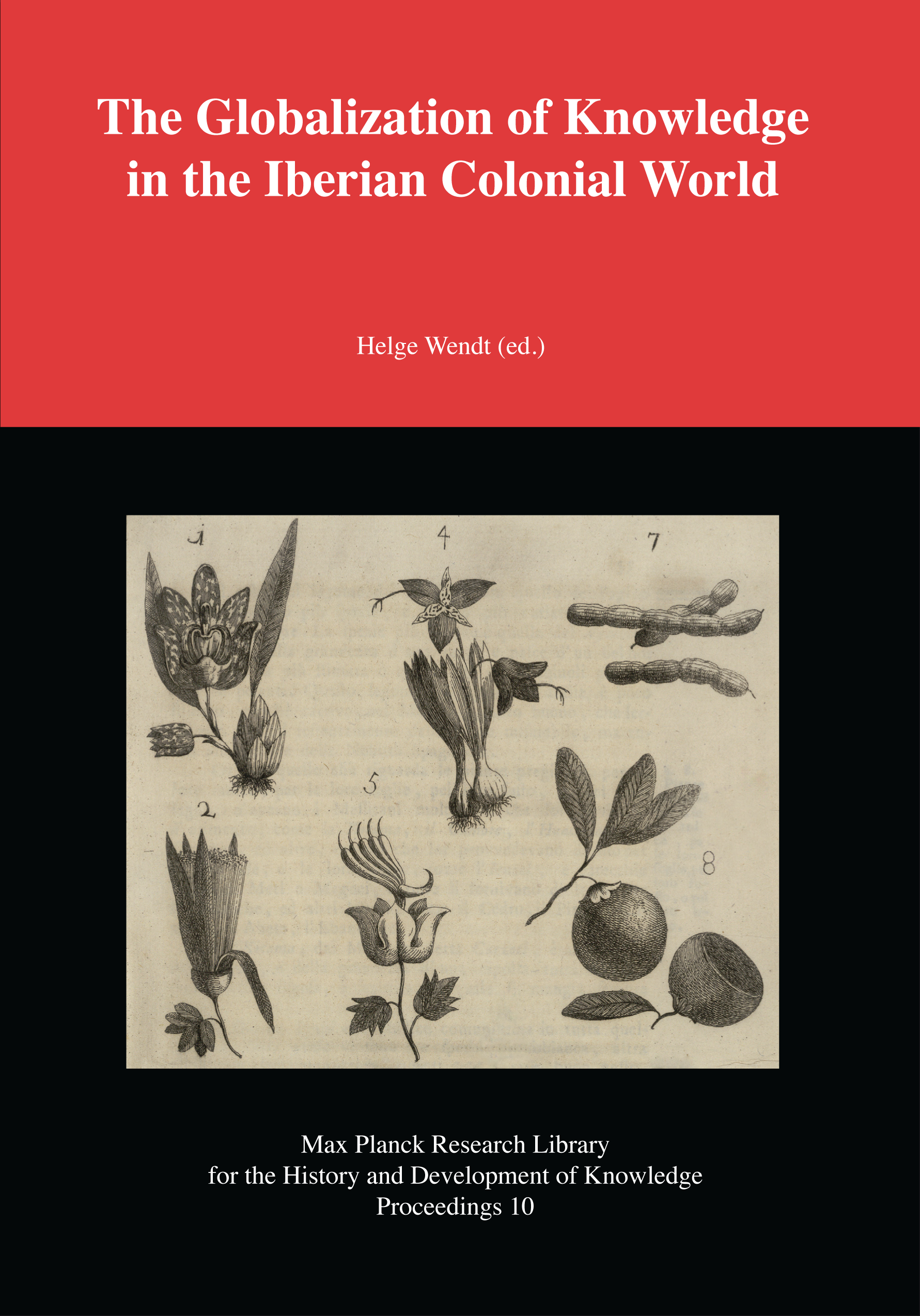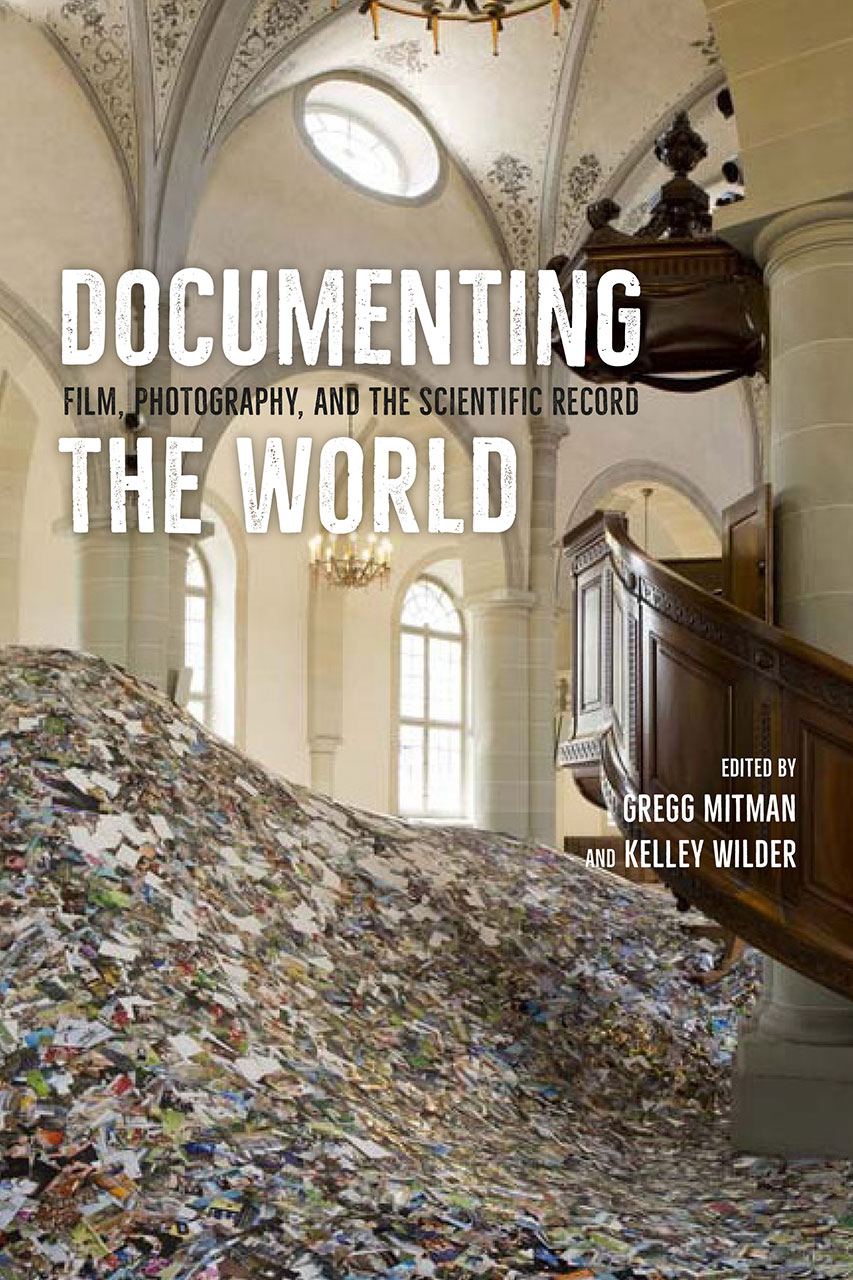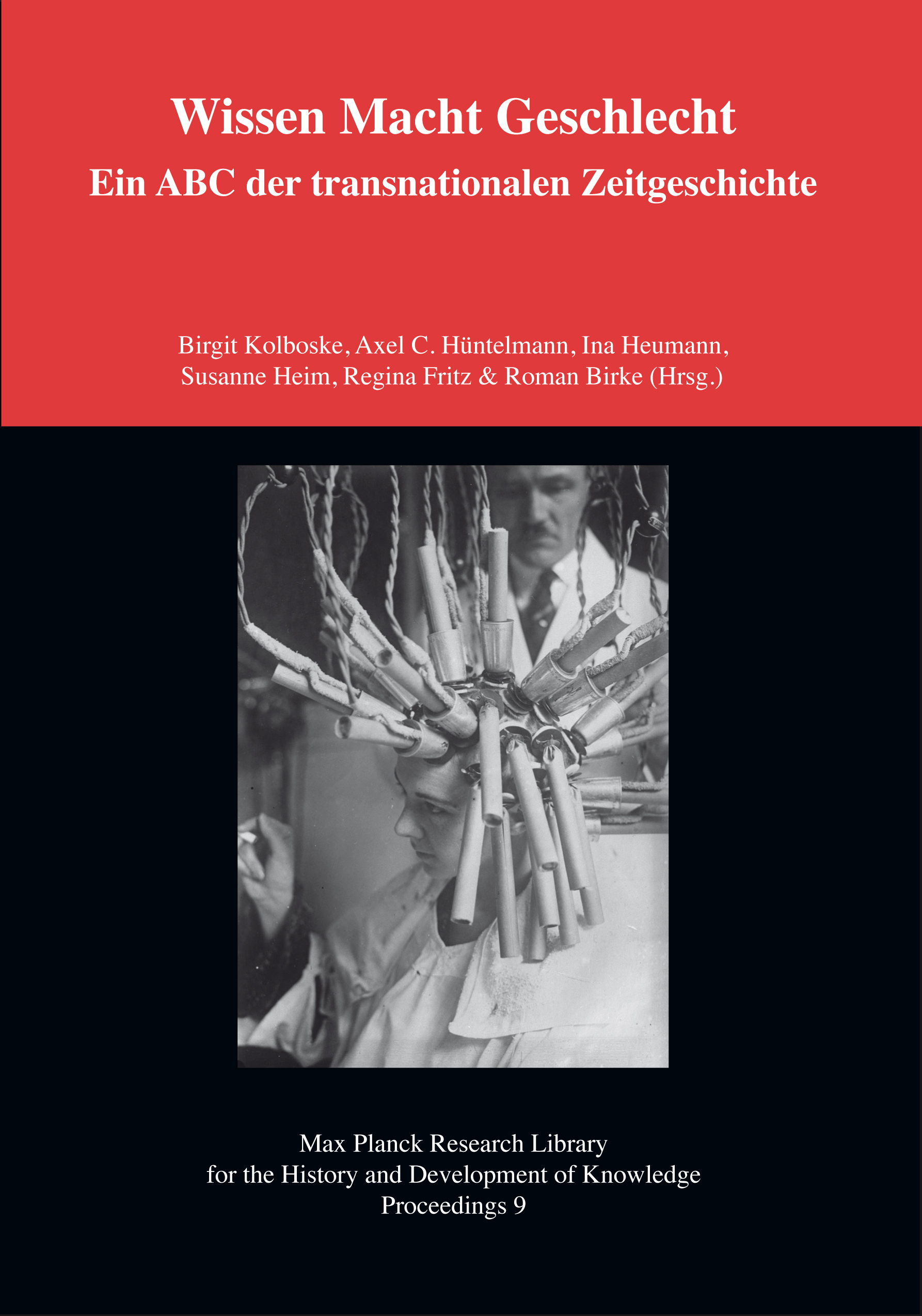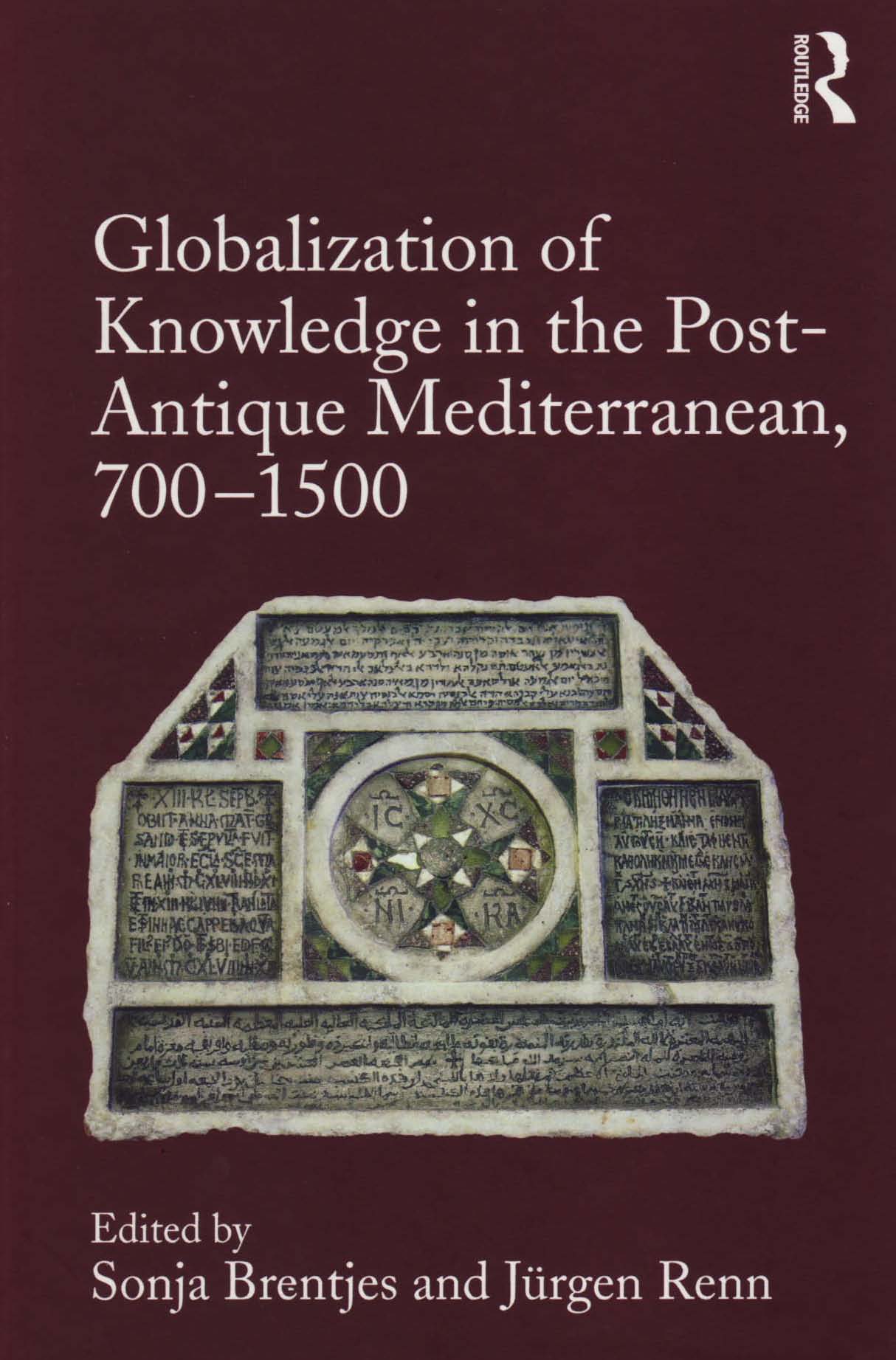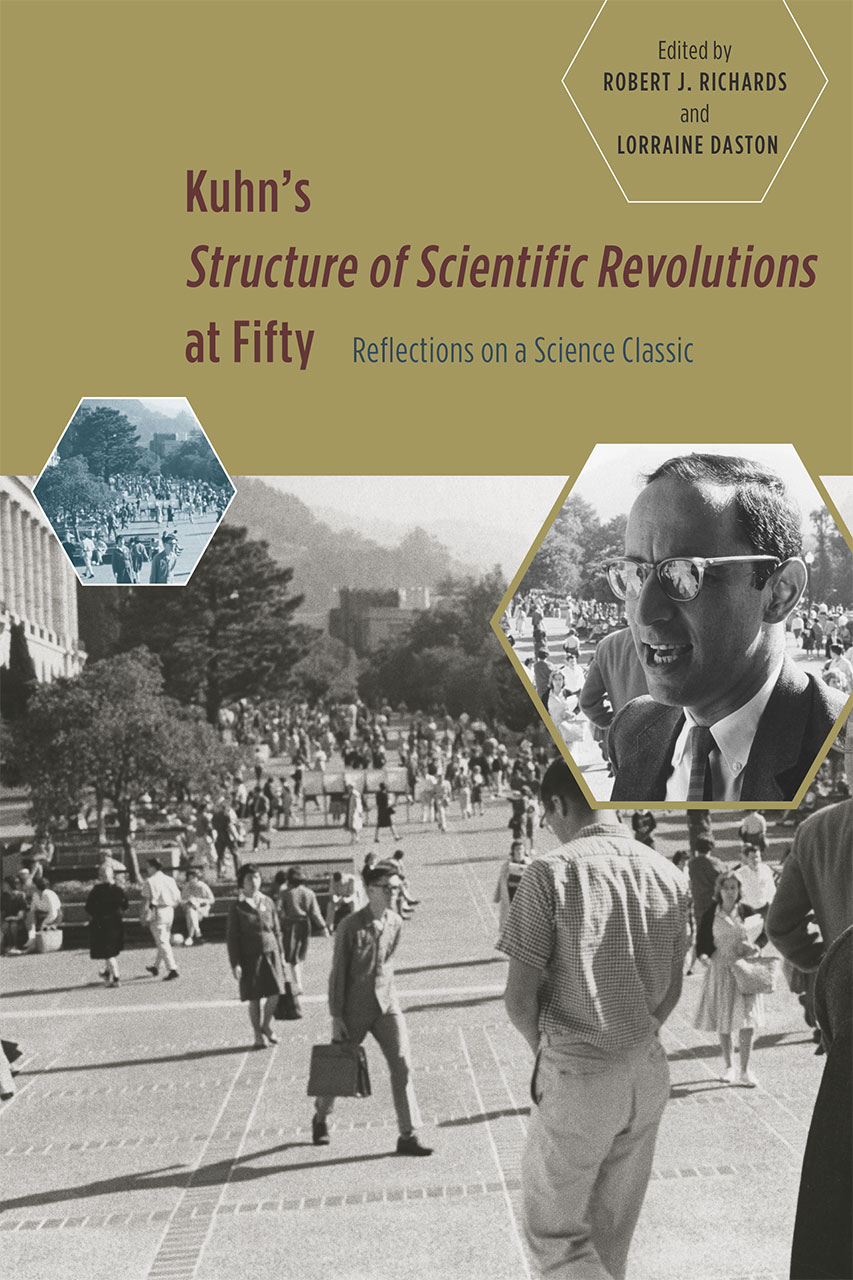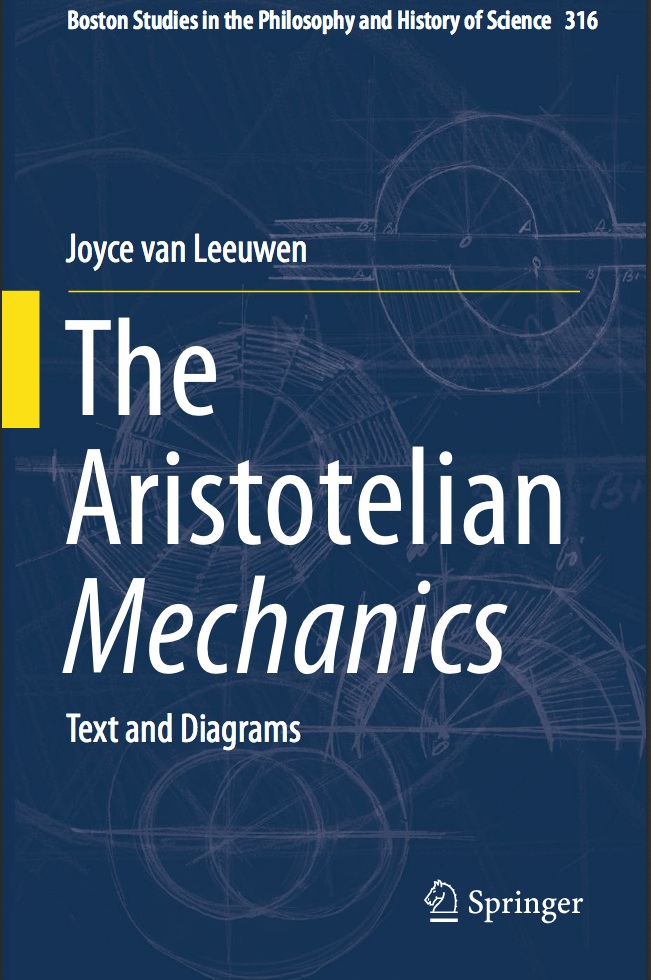Book
Immunologie im „kleinen Staat“ DDR : die tumorimmunologische Grundlagenforschung in Berlin-Buch 1948-1984
Sophie Meyer untersucht die Geschichte der Tumorimmunologie in der DDR als Beispiel für naturwissenschaftliche Forschung im ehemaligen Ostblock während des Kalten Krieges. Im Zentrum steht der Forschungsstandort Berlin-Buch, an dem man bereits früh versucht wurde, Grundlagenforschung und klinische Forschung unter einem Dach zu vereinen.
MORE
Book
Alvarus Thomas und sein ‚Liber de triplici motu‘
Der Liber de triplici motu ist ein Werk von Alvarus Thomas aus dem Jahr 1509. Das Buch repräsentiert einen letzten Höhepunkt der scholastischen Auseinandersetzung mit der aristotelischen Bewegungslehre vor der Entstehung der klassischen Mechanik, an dem man die entscheidenden Stadien der Transformation des Bewegungsbegriffs seit der Antike studieren kann.
MORE
Book
Data-Centric Biology: a Philosophical Study
In recent decades, there has been a major shift in the way researchers process and understand scientific data. Digital access to data has revolutionized ways of doing science in the biological and biomedical fields, leading to a data-intensive approach to research that uses innovative methods to produce, store, distribute, and interpret huge amounts of data.
MORE
Edited Book
Albert Einstein - Mileva Maric: Erotikes epistoles Ερωτικές επιστολές
-
Δήμητρα-Ενδοξία ΜπάτσιονΣτέλλα ΤσικρικάJürgen RennRobert Schulmann
Greek translation of the "Love letters" by Albert Einstein and Mileva Maric. Unlike the picture of Einstein the lone, isolated thinker of Princeton, he appears here both as the burgeoning enfant terrible of science and as an amorous young man beset, along with his fiance, by financial and personal struggles--among them the illegitimate birth of their daughter, whose existence is known only by these letters.
MORE
Book
LEMCO : un Coloso de la Industria Cárnica en Fray Bentos, Uruguay ; The Meat Industry’s Colossus in Fray Bentos, Uruguay
The publication tells the story, unknown to the general public, of the foundation of a unique scientific enterprise that existed sixty years before Frigorífico Anglo (meatpacking plant) of Fray Bentos began to operate exactly on the premises where LEMCO (Liebig’s Extract of Meat Company) was located.
MORE
Book
Scientia Kircheriana: die Fabrikation von Wissen bei Athanasius Kircher
Wer oder was verbarg sich hinter dem Namen Athanasius Kircher S. J.? Anhand der Analyse des gedruckten Œuvre Kirchers, seiner Korrespondenz sowie seiner zahlreichen Wissenspräsentationen nördlich und südlich der Alpen untersucht der Band die Fabrikationsmechanismen der Kircher-Figur und seiner Wissenschaft.
MORE
Working Group Volume
Spatial Thinking and External Representation: Towards a Historical Epistemology of Space
Spatial thinking plays a central role in the life of individuals as well as whole societies. It ranges from everyday orientation in our living environment to the social organization of place and space and the structuring of a huge corpus of experiential knowledge by means of theoretical concepts in modern science.
MORE
Edited Book
1001 Distortions: How (not) to Narrate History of Science, Medicine, and Technology in Non-Western Cultures
-
Sonja BrentjesEdis TanerLutz Richter-Bernburg
This book reflects on debates among historians of science, medicine and technology as well as Islamicate societies about fundamental questions of how we think and write about the intellectual and technological past in cultures to which we do not belong any longer or never were a member of.
MORE
Edited Book
Science Studies during the Cold War and Beyond: Paradigms Defected
This book recounts how during the Cold War the study of science moved to the centre of academic through the creation of the new discipline of science studies.
MORE
Edited Book
Health and Difference : Rendering Human Variation in Colonial Engagements
-
Alexandra WidmerVeronika Lipphardt
Human variation represented a central research topic for life scientists and posed challenging administrative issues for colonial bureaucrats in the first half of the 20th century.
MORE
Book
Nützliches Wissen : die Erfindung der Technikwissenschaften
Ursula Kleins kompaktes Buch verfolgt den Diskurs über nützliches Wissen bis ins 18. Jahrhundert zurück, wo sie den Ursprung der Technikwissenschaften verortet. Die wissenschaftlich-technischen Experten jener Zeit waren hybride Figuren zwischen intellektuellem Gelehrten und traditionellem Handwerker, und damit maßgeblich für die Produktion von nützlichem Wissen verantwortlich.
MORE
Working Group Volume
Canonical Texts and Scholarly Practices: a Global Comparative Approach
In this collection of richly documented case studies, experts in many textual traditions examine the ways in which important texts were preserved, explicated, corrected, and used for a variety of purposes. This volume shows how much is learned when historians of scholarship focus on earlier scholars' practices, and when Western scholarly traditions are treated as part of a much larger, cross-cultural inquiry.
MORE
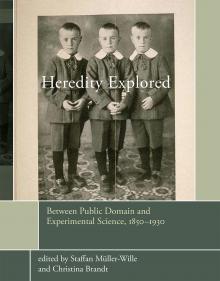
Edited Book
Heredity Explored : Between Public Domain and Experimental Science, 1850–1930
-
Staffan Müller-WilleChristina Brandt
This book examines the wide range of scientific and social arenas in which the concept of inheritance gained relevance in the late nineteenth and early twentieth centuries. Although genetics emerged as a scientific discipline during this period, the idea of inheritance also played a role in a variety of medical, agricultural, industrial, and political contexts.
MORE
Book
Der Kupferstecher und der Philosoph : Albert Flocon trifft Gaston Bachelard
Die bislang wenig beachtete, doch ungewöhnlich fruchtbare Begegnung zwischen dem Kupferstecher Albert Flocon und dem Wissenschaftsphilosophen Gaston Bachelard ist als emblematisch für die wechselseitige Beeinflussung von Philosophie und Kunst, von Geistesarbeit und Handwerk zu verstehen.
MORE
Edited Book
The Globalization of Knowledge in the Iberian Colonial World
This volume investigates processes of knowledge formation in the Iberian colonies by attempting to understand the Spanish and Portuguese contribution to the European scientific tradition, and by tracing the origins and history of this knowledge to find out how it was gained.
MORE
Working Group Volume
Documenting the World: Film, Photography, and the Scientific Record
Imagine the twentieth century without photography and film. Its history would be absent of images that define historical moments and generations. 'Documenting the World' is about the material and social life of photographs and film made in the scientific quest to document the world.
MORE
Edited Book
Wissen, Macht, Geschlecht : ein ABC der transnationalen Zeitgeschichte
-
Birgit KolboskeHüntelmann, AxelHeumann, InaHeim, SusanneFritz, ReginaBirke, Roman
Im Zentrum der vorliegenden Festschrift stehen Begriffe, die mit Carola Sachses Arbeit und dem Themenfeld Wissen – Macht – Geschlecht. Zeitgeschichte in transnationalen Bezügen verbunden sind. Es konzentriert sich auf die transnational vergleichende Auseinandersetzung mit zentralen Phänomenen des langen 20. Jahrhunderts.
MORE
Edited Book
Globalization of Knowledge in the Post-Antique Mediterranean, 700–1500
-
Sonja BrentjesJürgen Renn
The contributions to this volume enter into a dialogue about the routes, modes and institutions that transferred and transformed knowledge across the late antique Mediterranean and the Persian Gulf.
MORE
Edited Book
Kuhn’s Structure of Scientific Revolutions at Fifty: Reflections on a Science Classic
Thomas S. Kuhn’s The Structure of Scientific Revolutions was a watershed event when it was published in 1962, upending the previous understanding of science as a slow, logical accumulation of facts and introducing, with the concept of the “paradigm shift,” social and psychological considerations into the heart of the scientific process.
MORE
Book
The Aristotelian Mechanics : Text and Diagrams
This book examines the transmission processes of the Aristotelian Mechanics. It does so to enable readers to appreciate the value of the treatise based on solid knowledge of the principles of the text.
MORE

